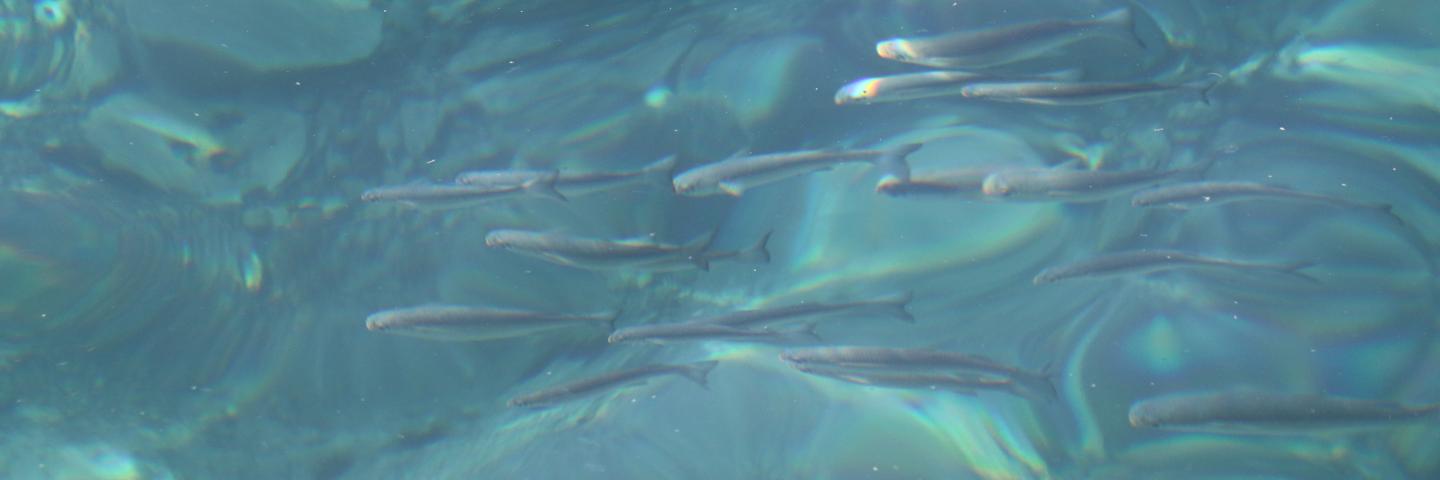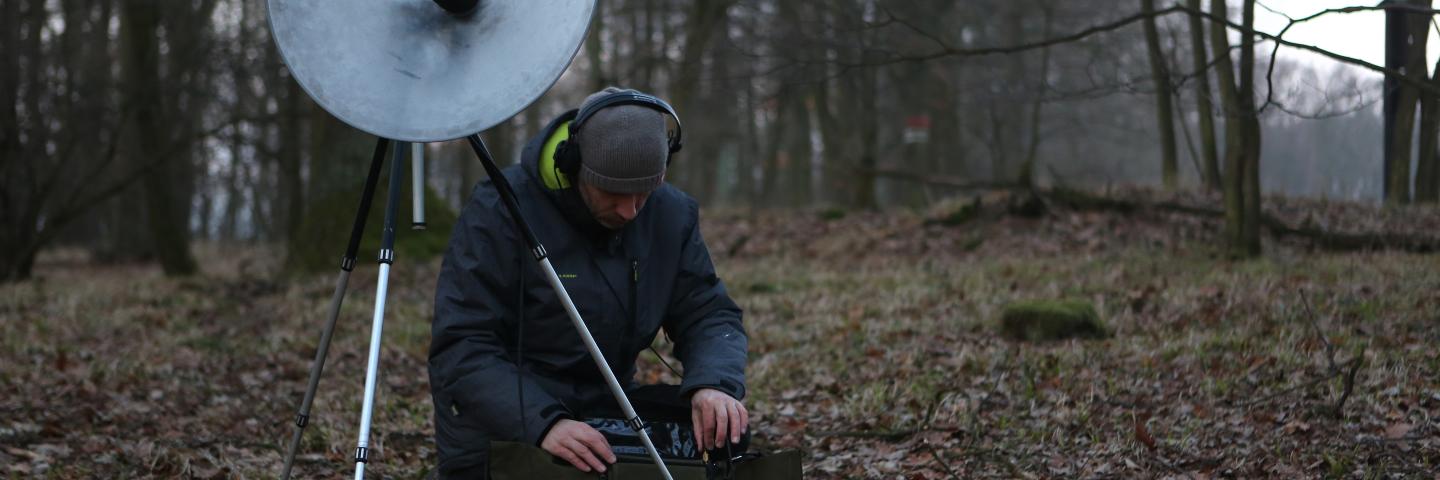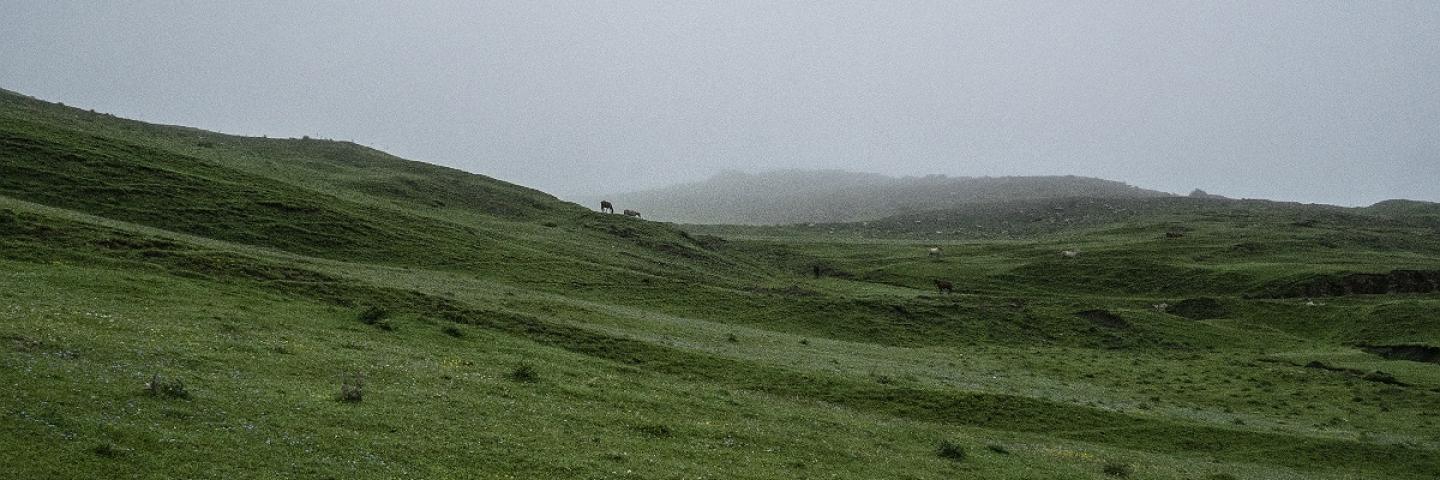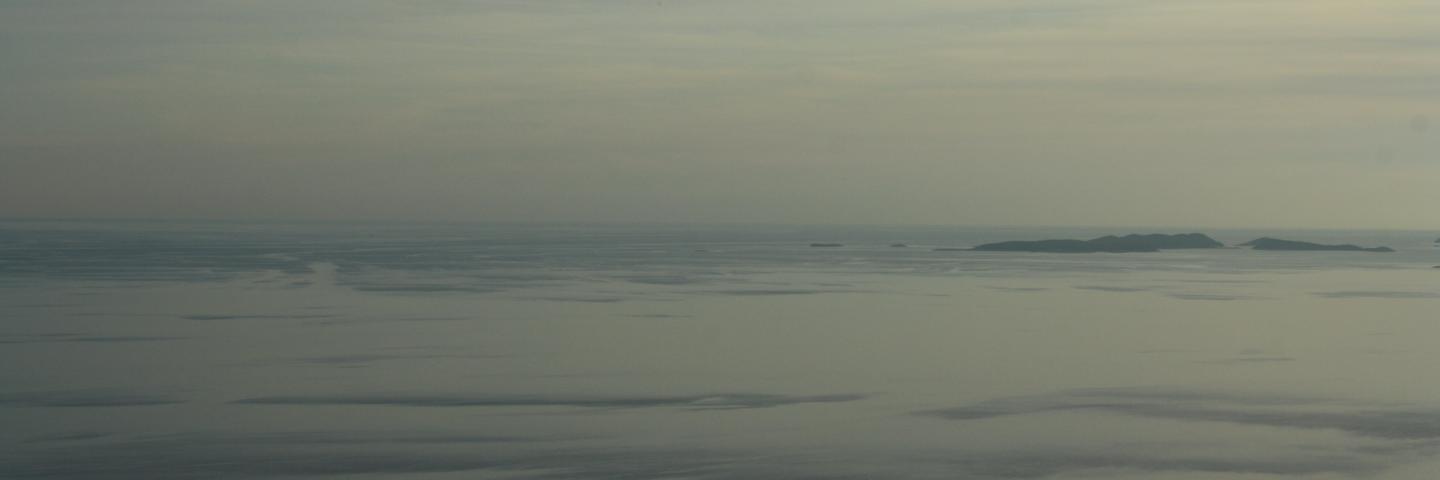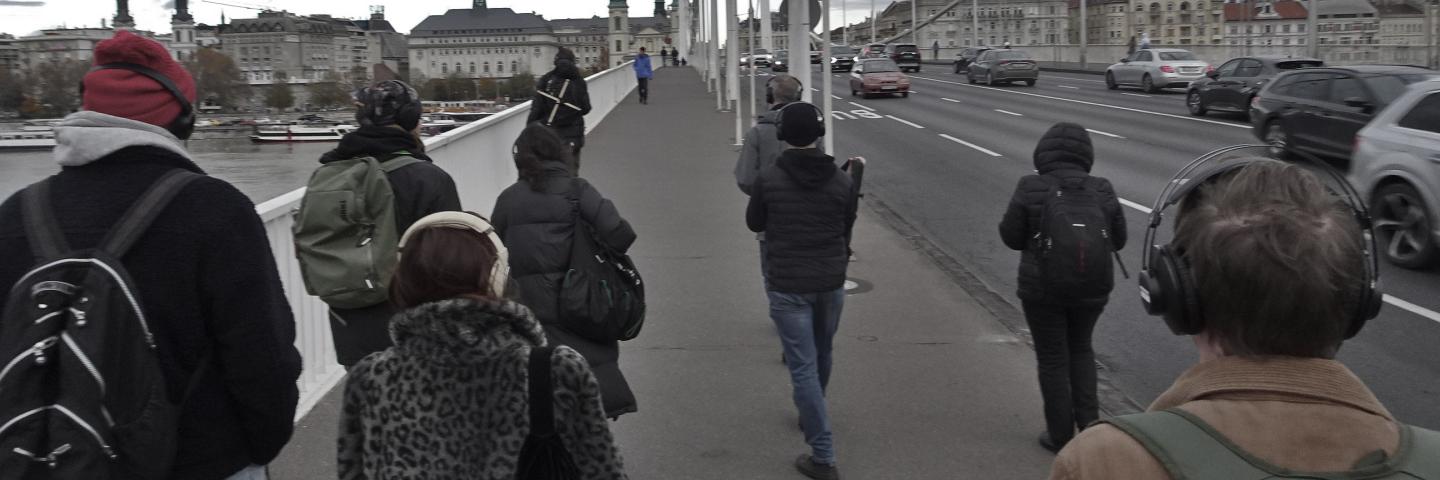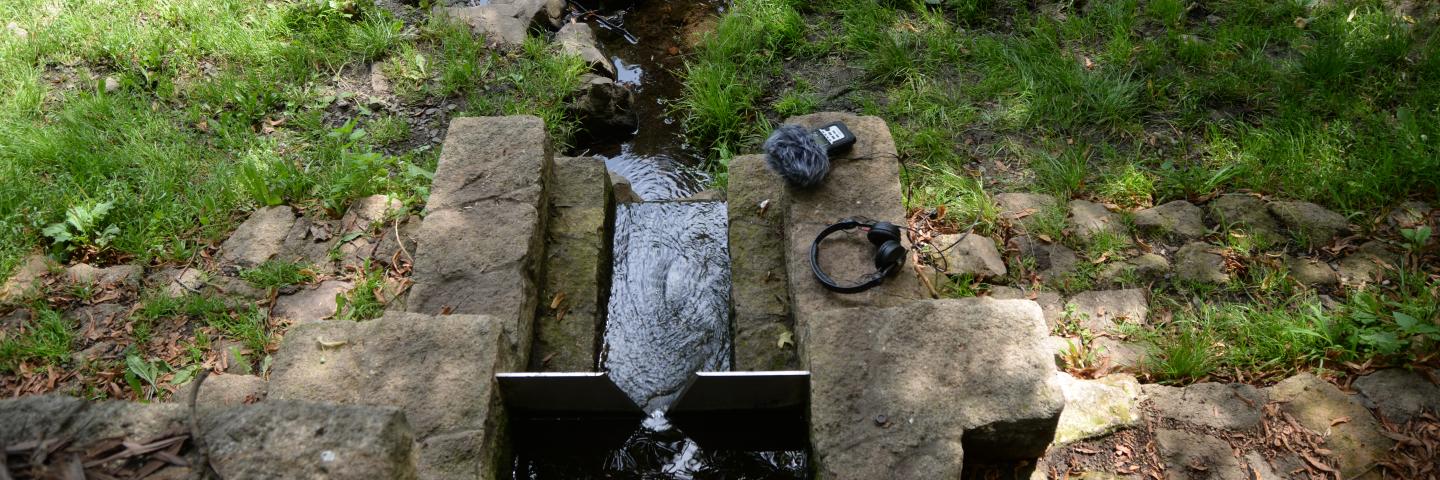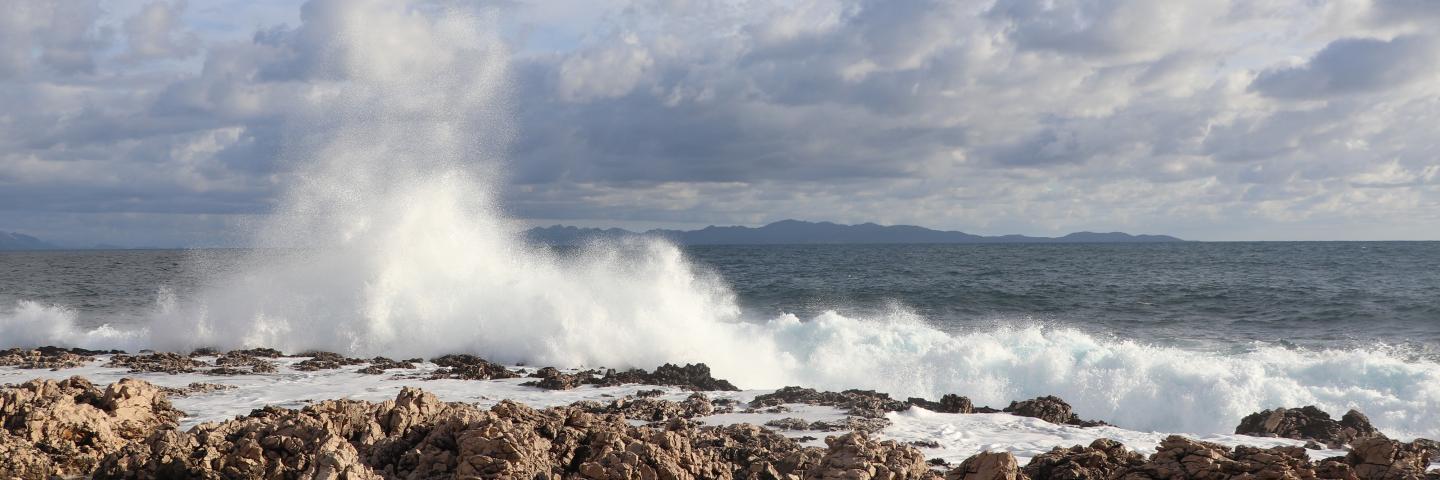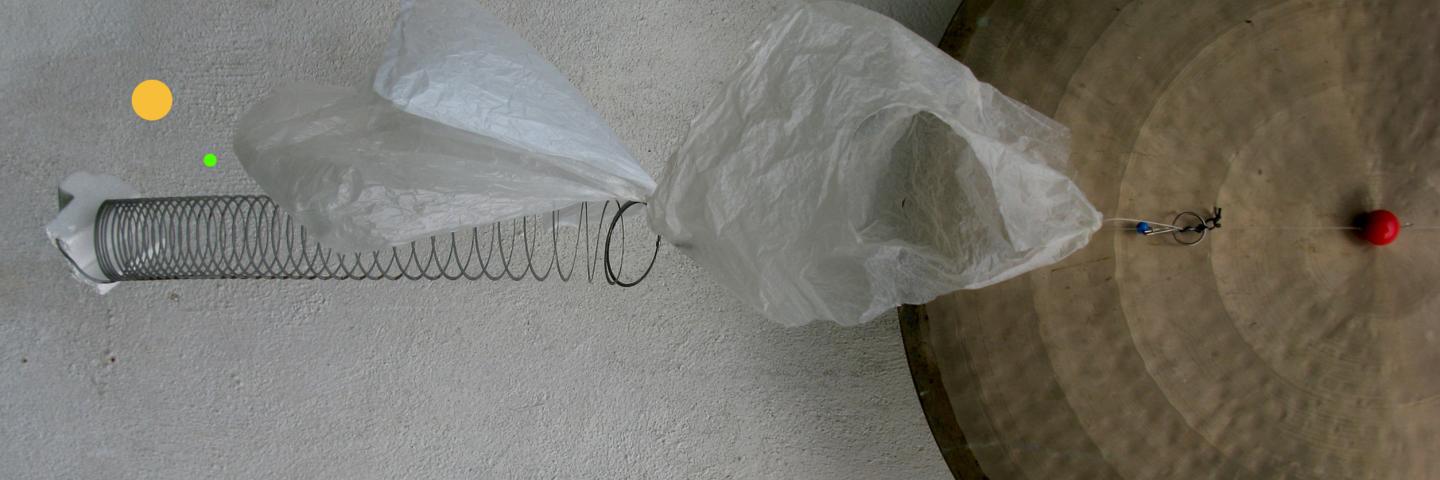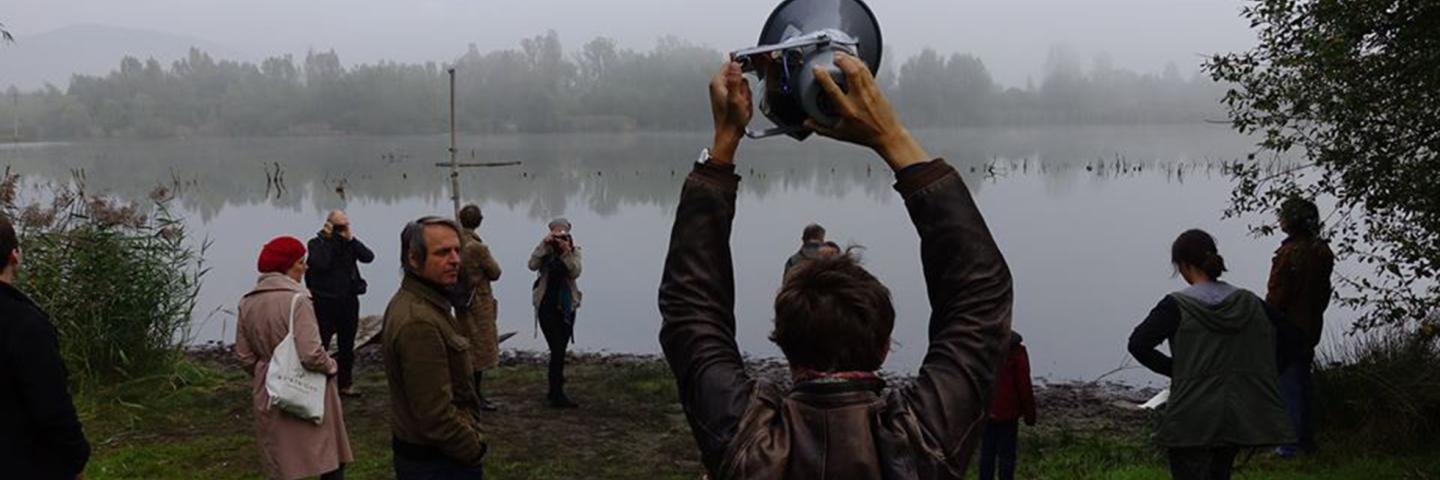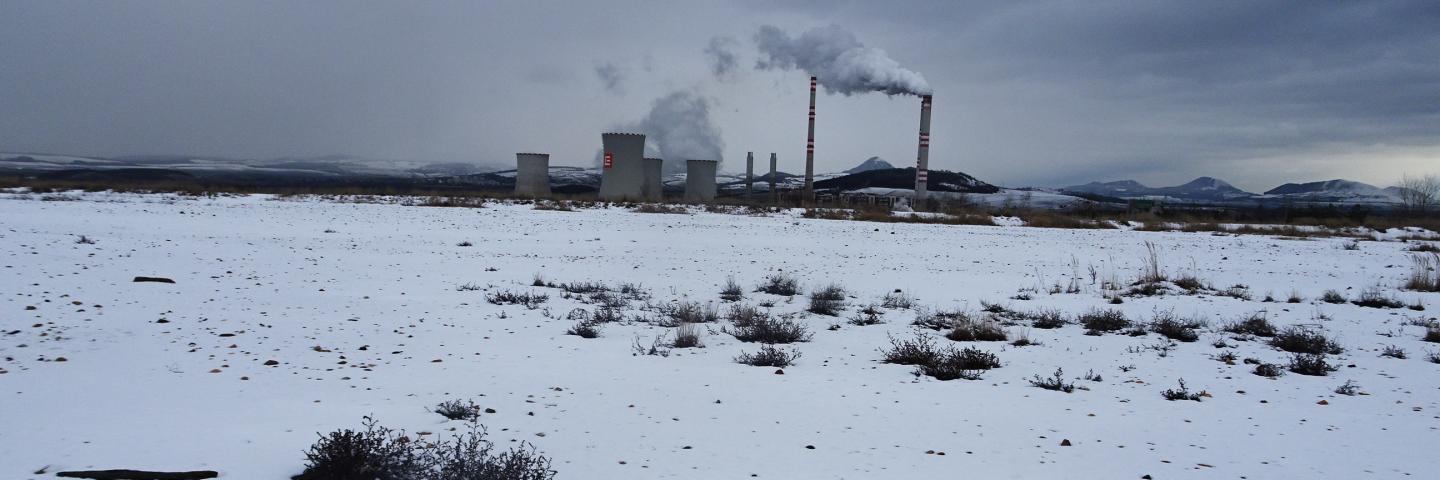Rachel Carson
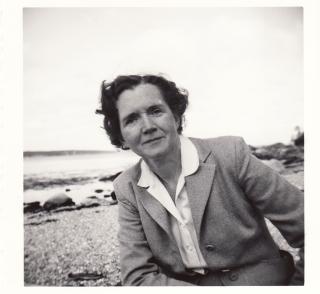
Rachel Louise Carson (May 27, 1907 – April 14, 1964) was an American marine biologist, writer, and conservationist whose influential book Silent Spring (1962) and other writings are credited with advancing the global environmental movement. Carson began her career as an aquatic biologist in the U.S. Bureau of Fisheries, and became a full-time nature writer in the 1950s. Her widely praised 1951 bestseller The Sea Around Us won her a U.S. National Book Award, recognition as a gifted writer and financial security. Her next book, The Edge of the Sea, and the reissued version of her first book, Under the Sea Wind, were also bestsellers. This sea trilogy explores the whole of ocean life from the shores to the depths. Late in the 1950s, Carson turned her attention to conservation, especially some problems she believed were caused by synthetic pesticides. The result was the book Silent Spring, which brought environmental concerns to an unprecedented share of the American people. The book galvanised public attention on effects of excessive use of the insecticide DDT on wildlife. The population losses in fish and birds observed then were not simply due to reductions in a main food source, insects, but also to accumulation of DDT (and its metabolites) in their organs. Carson realized that this in turn was affecting their reproductive capacity. For the emblematic “bald eagle” (the USA’s national symbol), the massive decrease in population was in large part due to increased fragility of the egg shell that broke under the parents’ weight. Although Carson never employed the termendocrine disruption, she was in fact describing this phenomenon, as DDT has since been shown to reducing circulating levels of the sex hormone, oestradiol in birds and to alter prostaglandin (a family of chemical messengers related to the hormonal system) levels, thereby interfering with enzymes needed for shell mineralization. She also presciently realized that humans would be contaminated through their food, and that effects would later be seen on human health. Half a century later, it was reported that girls (female foetuses) who had been exposed to high levels of DDT in utero during the 1960s have an increased risk of breast cancer in the following 50 years.
Although the book was met with fierce opposition by chemical companies, it spurred a reversal in national pesticide policy, which led to a nationwide ban on DDT and other pesticides. It also inspired a grassroots environmental movement that led in1970 to the creation of the U.S. Environmental Protection Agency. The agency was charged with protecting human health by safeguarding the air, water, and land, and while the EPA is anything but perfect, it is safe to say that hundreds of thousands of Americans are alive today thanks to its regulation of carcinogenic pesticides, lead paint and leaded gasoline, asbestos, ozone-destroying CFCs, and any number of other poisonous, polluting, and life-shortening substances.
Carson was posthumously awarded the Presidential Medal of Freedom by President Jimmy Carter. She wrote 24 books and her most popular book was Silent Spring. She died at age 56 after a long battle against breast cancer. Silent Spring became a success against an apparently uncontested modern way of life. In the heat of the Cold War, along with a general atmosphere of fierce belief in the good deeds of science and technology: “The rapidity of change”, she warned, “and the speed with which new situations are created, follow the impetuous and heedless pace of man rather than the deliberate pace of nature.”
source: wikipedia
photo of RC from 1955, courtesy of Martha Freeman


